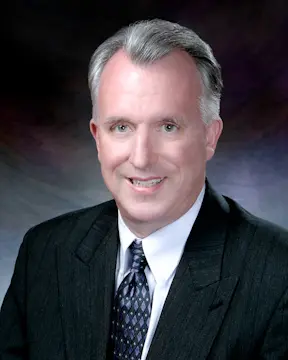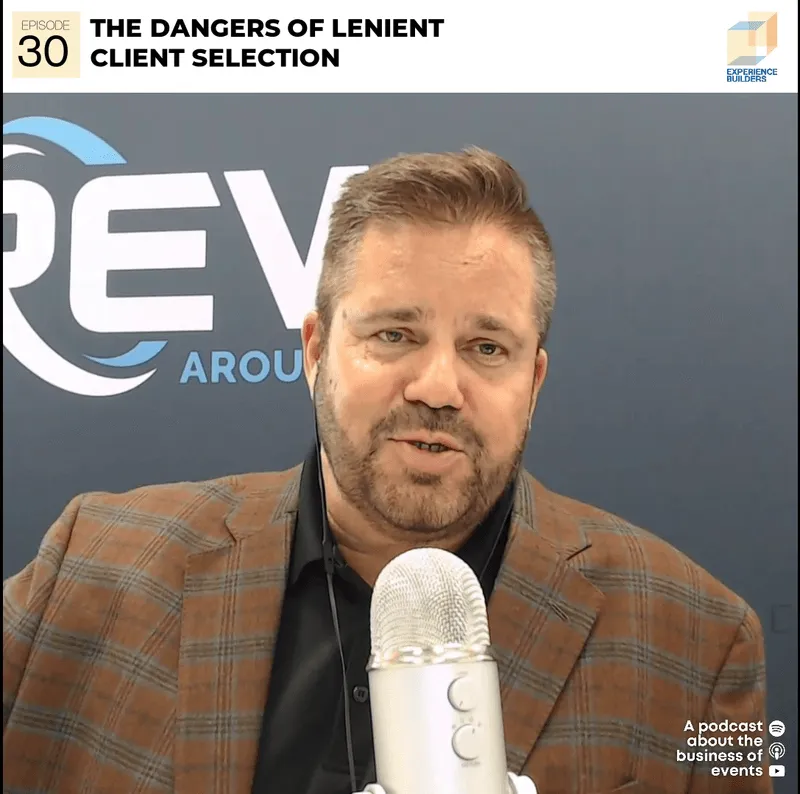by Sam Ogren
Morgan McClurg wanted more than her little hometown on the Kentucky-Ohio border. She had bigger dreams and wanted bigger opportunities. The United States Air Force was her path to achieving what she wanted—her path to achieving “more.”
Kentucky quickly became Texas, Utah, then Las Vegas. A small school with few computers became massive hangars, the world’s most technologically advanced stealth fighter jet, and a technical education unavailable back home. She met people from around the world, diverse in culture, talent, and experience. “The Air Force helped me take charge of what I wanted,” she said.
Morgan got her “more” from her military service: unique experiences and lessons, invaluable skills and education, direction, and confidence. She received a purpose to guide her to a future in the civilian world, the civilian world of the exhibit industry.
Moving from Military to Corporate America
Morgan’s “origin story” is similar to others in today’s military. The days of compulsory service are (hopefully) long behind us. While the U.S. all-volunteer forces are the world’s strongest, the military has lost much of the attraction that once pulled people to serve. For many modern recruits, the military service has become more transactional, beneficial, and career-focused. The Army recruiting website promotes the educational and financial benefits of joining up, along with the post-service benefits for those who leave after their initial commitment. The perks of enlistment are a significant selling point for recruiters, but the path to utilizing them post-discharge is not always so straightforward.
Not every veteran completing active duty has the clarity and purpose Morgan had. Many careers dovetail with the skills and professions taught in the service. Some can quickly transition to a related field. But for many, the path to a civilian career isn’t so clear. How an HR generalist or a job posting describes a position doesn’t necessarily align with the qualifications and skills that four plus years of service helped develop.
The Task for HR Professionals
HR professionals must understand that titles given to service members don’t reflect the scope of the skills learned. “Explosive Ordinance Disposal” doesn’t appear in an Indeed.com job posting. “Detail-oriented with complex systems while under pressure” sounds like something that may. Communicating the duties and expectations of a position can mend the disconnect between job listings, qualifications, and positive qualities of the applicants. Once removed, the floodgates will open for qualified applicants.
Our Industry Values Resilience
The exhibit business is demanding: the clients, the travel, the last-minute requests, and the late-night fixes. Different cities, time zones, sub-par buffet breakfasts at uninspired hotels—it’s 90% hurry up and wait, with the last 10% taking 110% effort. It takes resilience. It’s hard to know where to find people who can handle and thrive in these conditions. Attracting military applicants opens a pipeline drawing from the diverse, educated, and skilled applicants with a unique, unifying work ethic. These folks can adapt, overcome, accept, analyze, and use decision-making processes forged with lives on the line. Some nights, these people chose to have dirt for a bed; you can offer them memory foam and travel perks for much lower stakes than national defense. By engaging with and committing to military applicants, we engage with an untapped talent source for future employees.
Onboarding Is Not Optional
Onboarding is critical. Accelerating the integration of new employees into the existing workforce is the lead concern of businesses responding to restaffing or expansion. When hiring veterans, onboarding benefits your team by providing structure and cultural integration into a civilian corporate role. It provides clear pathways of support, trust, friendship, and familiarity with new roles, tasks, and expectations.
The Military Builds Skills
Morgan chose our industry. The job called for someone who was detail-oriented, motivated to succeed and grow, with experience in training, and potential for leadership. She needed an environment and culture that supported young families, allowed big life changes, and encouraged personal and professional growth. The soft skills learned during her military career rose to the top of her employee profile. What she learned in the USAF will prove invaluable for years to come.
Supporting veterans is important to our country and to our industry. Images of homeless veterans, of long lines for inadequate care, of flag-covered coffins lowered into the ground without a witness—these are the legacy of a system that has promised and promised without following through. It is up to us to support the people who wore the uniforms. We can provide new careers and supportive cultures. Furthermore, we can help repay the debt owed to those who chose to serve their country. In return, we can welcome a group of highly skilled workers to our industry. It’s a win-win.
You can find job fairs for veterans in your area by Googling “veterans job fairs.”
Sam Ogren is a marketing specialist at Access TCA and a member of the EDPA Future Leaders.
This story originally appeared in the Q1 2024 issue of Exhibit City News, p. 54. For original layout, visit https://issuu.com/exhibitcitynews/docs/ecn_q1_2024.
































